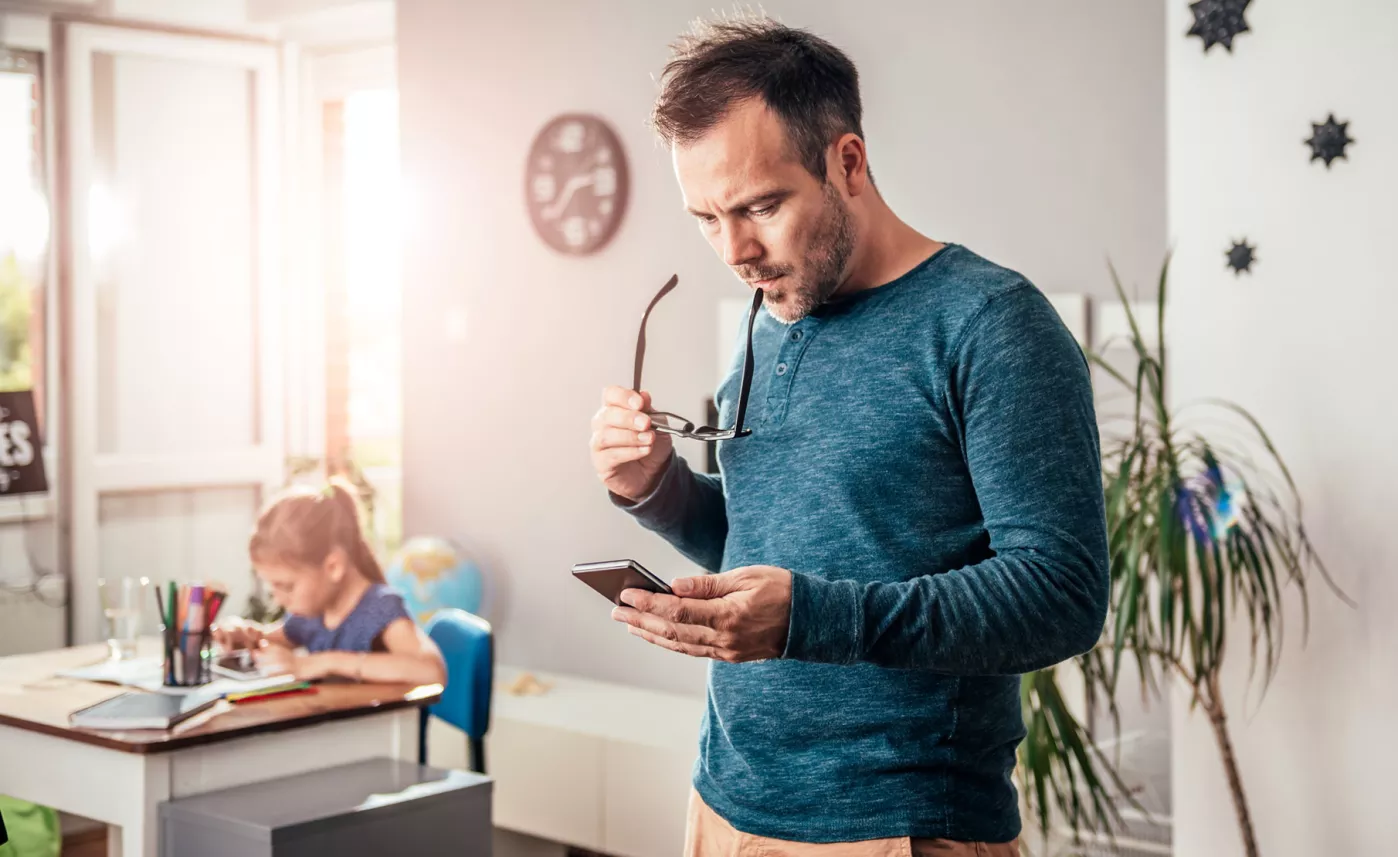What to do after a natural disaster

Over the past few years, we’ve been reminded of just how exposed we are to natural disasters. It’s devastating to see the impact on people’s lives and property. If you’ve been affected by one of these events — whether it’s a hurricane, tornado, flood or fire — what steps should you take to begin the recovery process?
Once you and your loved ones are in a safe place, consider these suggestions:
- Determine if your insurance company can help. If your property was damaged or destroyed, your homeowners/renters and vehicle insurance may help cover part of the losses. Depending on the type of disaster, you might need to rely on flood or earthquake coverage. Go over your policies, and understand what damages will be covered. If you need assistance, your insurance agent or broker can help.
- Review your financial options. Look into whether you have excess cash to cover any costs. If you have established an emergency fund, you may need to tap into it now.
- Seek help from disaster relief organizations. If your home was destroyed or severely damaged, contact the American Red Cross or another relief group for help with temporary housing, food, clothing and other necessities.
- Contact your employer. Dealing with the aftermath of a disaster may affect your ability to work. Contact your employer to explain the situation, though they will likely be familiar with what happened. Depending on where you work, you might even have access to some type of employee assistance program.
- Photograph and document the damage. If it’s possible, and when it’s safe to do so, take pictures and videos of the damage to your home and belongings, and create an inventory of lost or damaged items. You might also have existing photos that can be of use to your insurance company.
- Go through your documents. Your paper documents — bank statements, insurance policies, investment account information — may have been destroyed in a fire or other disaster, but you may still have electronic copies on your computer, and they are likely also available online. Go through these documents to determine what you have and what you need to replace.
- Look for temporary relief measures. In the wake of a destructive fire or other disaster, you may be able to apply for temporary relief measures such as mortgage forbearance, loan deferments or government assistance programs. If you live in a presidentially declared disaster area, you might be eligible for disaster relief from the Federal Emergency Management Agency (FEMA).
- Evaluate your longer-term financial strategies. Once you have gotten past the short-term emergency period, you may need to review your entire financial picture and long-term strategies. This may involve reallocating your investment dollars, revising your budget or setting new financial goals. If you work with a financial professional, they can help you in this area.
Going through a natural disaster may be one of the most emotionally devastating experiences you will ever encounter. But you don’t have to go through it alone — a team of professionals, including a financial professional, can provide the resources and experience to help put you on the path toward rebuilding your life.